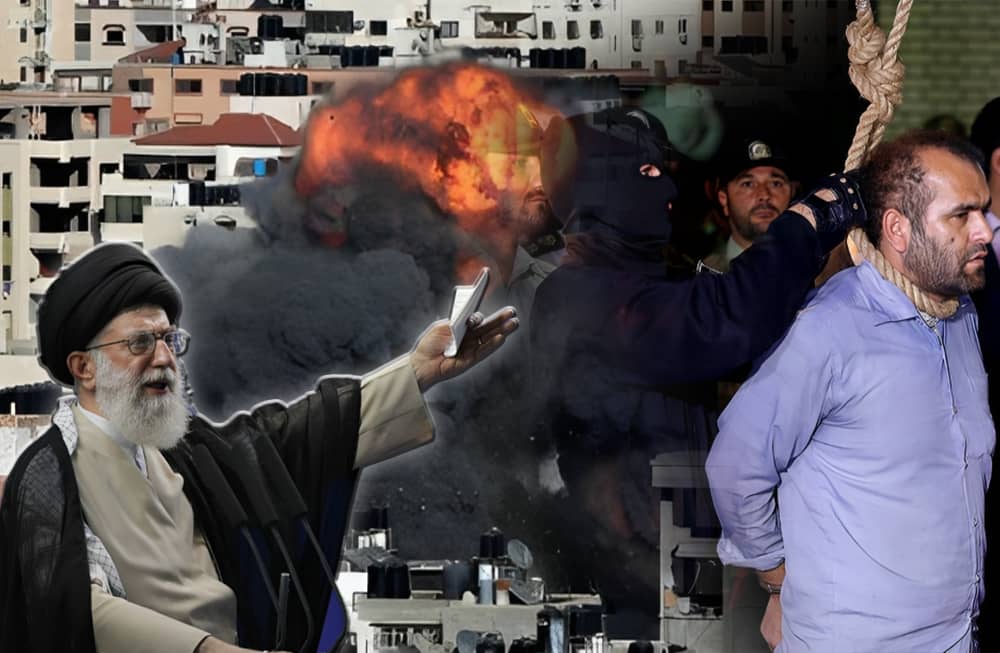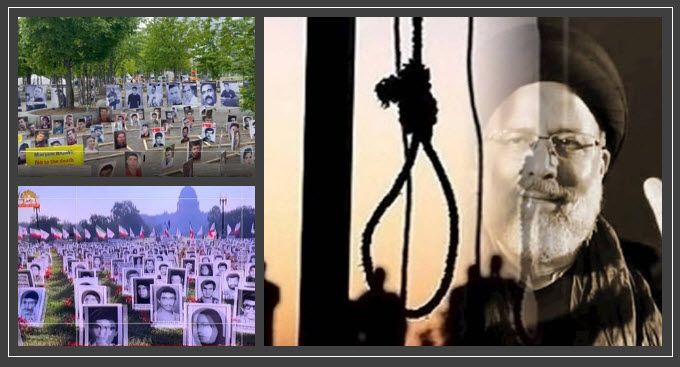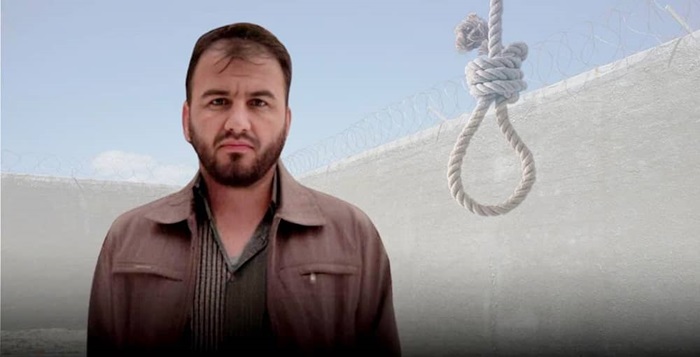

This number, significantly higher than previous years, marks a worrying escalation in the regime’s oppressive tactics. Sourced from reports by the People’s Mojahedin of Iran (PMOI/MEK), these figures paint a grim picture of the regime’s brutal crackdown in response to the growing dissent amongst the Iranian populace.
The count of 864 executions is the highest recorded in the last eight years. The NCRI’s statement further reveals that the actual number could be even higher, considering the clandestine nature of many executions. This represents a 34% increase from the 646 executions documented in 2022. Notably, the last quarter of 2023 witnessed a surge in executions, accounting for over 36% (313 cases) of the total. This period coincided with intensified regional conflicts, suggesting a correlation between the regime’s internal and external turmoil.
A particularly disturbing aspect of these executions is the disproportionately high number of Baluch individuals among the victims. With 191 Baluch executions, they constituted over 22% of the total, highlighting a targeted oppression against this ethnic group.
The NCRI’s statement condemns the international community’s leniency towards the Iranian regime, accusing it of emboldening the regime’s internal suppression and external acts of aggression.

Tracing the escalation of executions, the NCRI points out that the numbers have been steadily increasing over the years, with at least 350 cases in 2021 and a sharp rise to 646 during the 2022 uprising. This trend suggests a deliberate strategy by the regime to use executions as a means to intimidate the public and quell protests.
The beginning of 2024 saw a continuation of this trend, with five prisoners executed in Karaj Central Prison on January 1. The regime’s judiciary in Alborz Province rationalized these executions as necessary measures to protect the “security of the people,” a term that, under the theocratic regime, often translates to safeguarding the regime itself.
One of the most heinous examples of these executions was the hanging of Davood Abdollahi, a political prisoner, in Ghezel Hesar prison on December 12, while he was on a hunger strike. Abdollahi, along with other Sunni compatriots, had suffered years of imprisonment and torture.

Despite the regime’s relentless brutality, the NCRI notes that the Iranian people’s resolve to overthrow the mullahs’ rule has only strengthened.
The ongoing protests, the expanding ranks of the PMOI Resistance Units, and the increasing activities of rebellious youth targeting regime symbols, all signify a determined and growing movement towards establishing a democratic republic in Iran. The regime’s acts of barbarity, rather than quelling the dissent, are only fueling the people’s quest for freedom and democracy.

MEK Iran (follow us on Twitter and Facebook), Maryam Rajavi’s on her site, Twitter & Facebook, NCRI (Twitter & Facebook), and People’s Mojahedin Organization of Iran – MEK IRAN – YouTu







